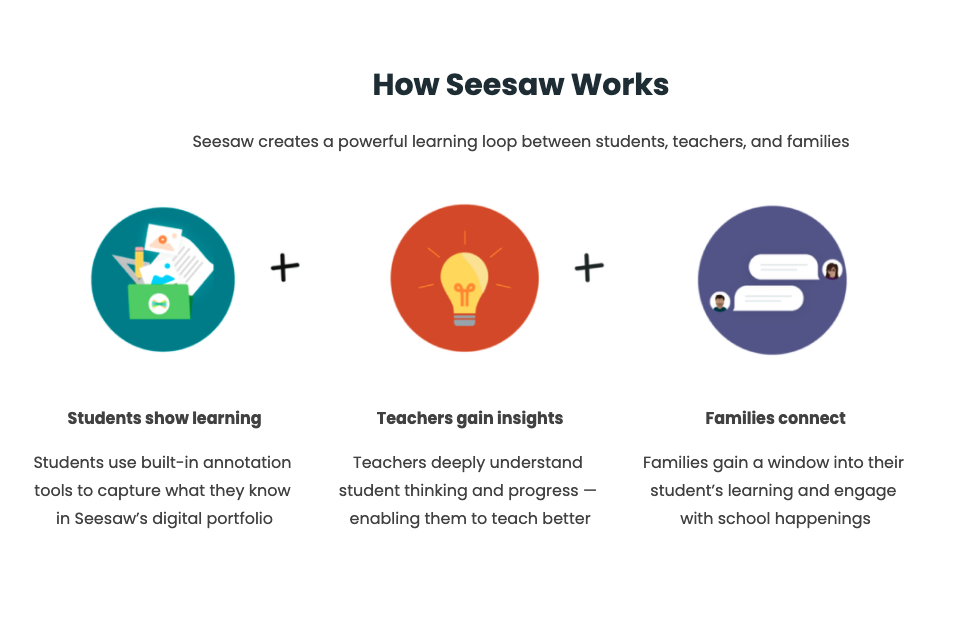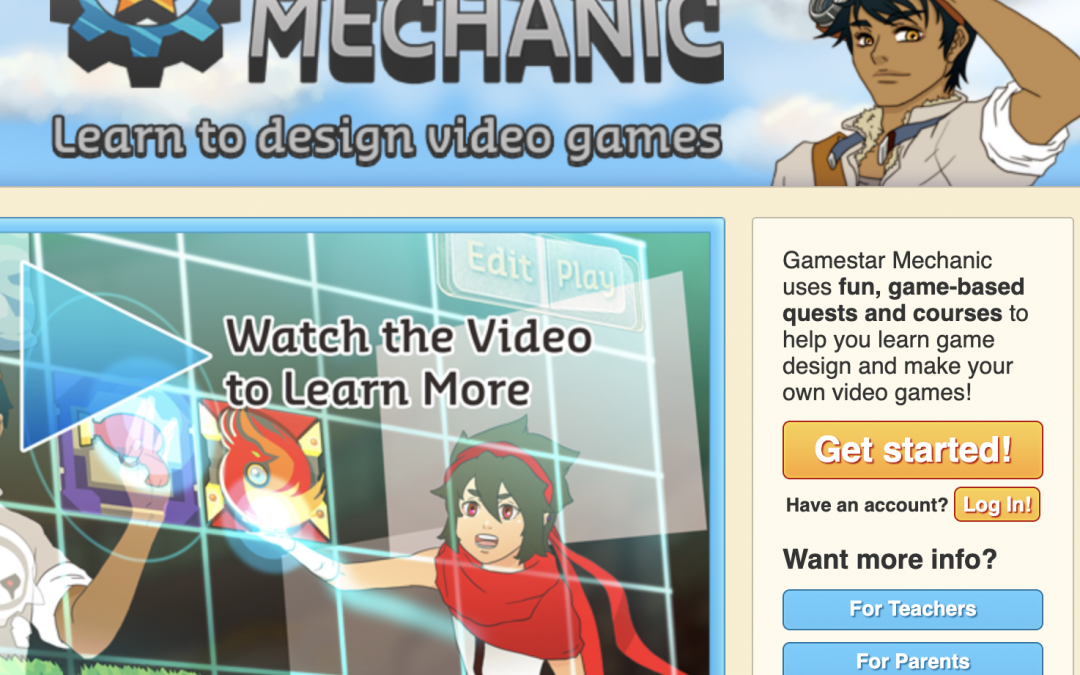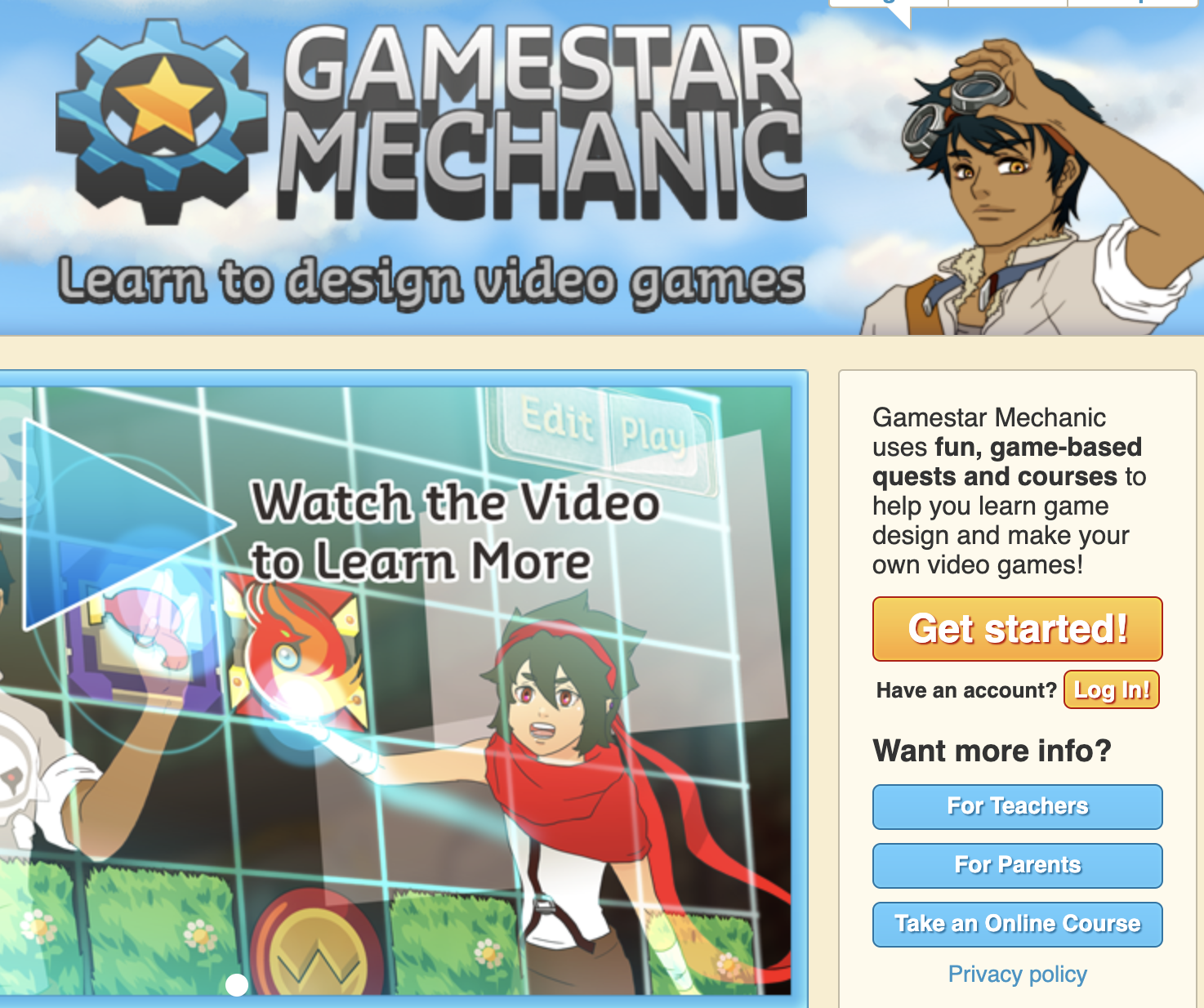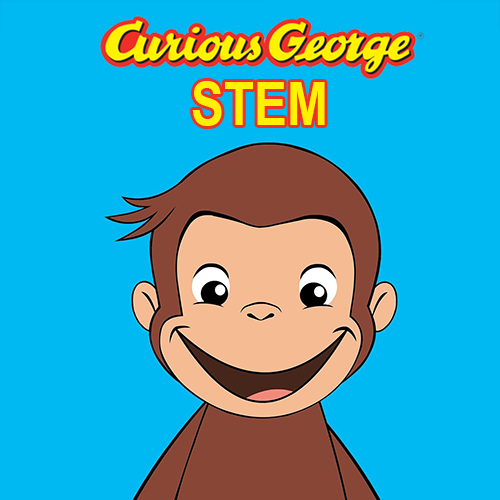Noteflight Learn
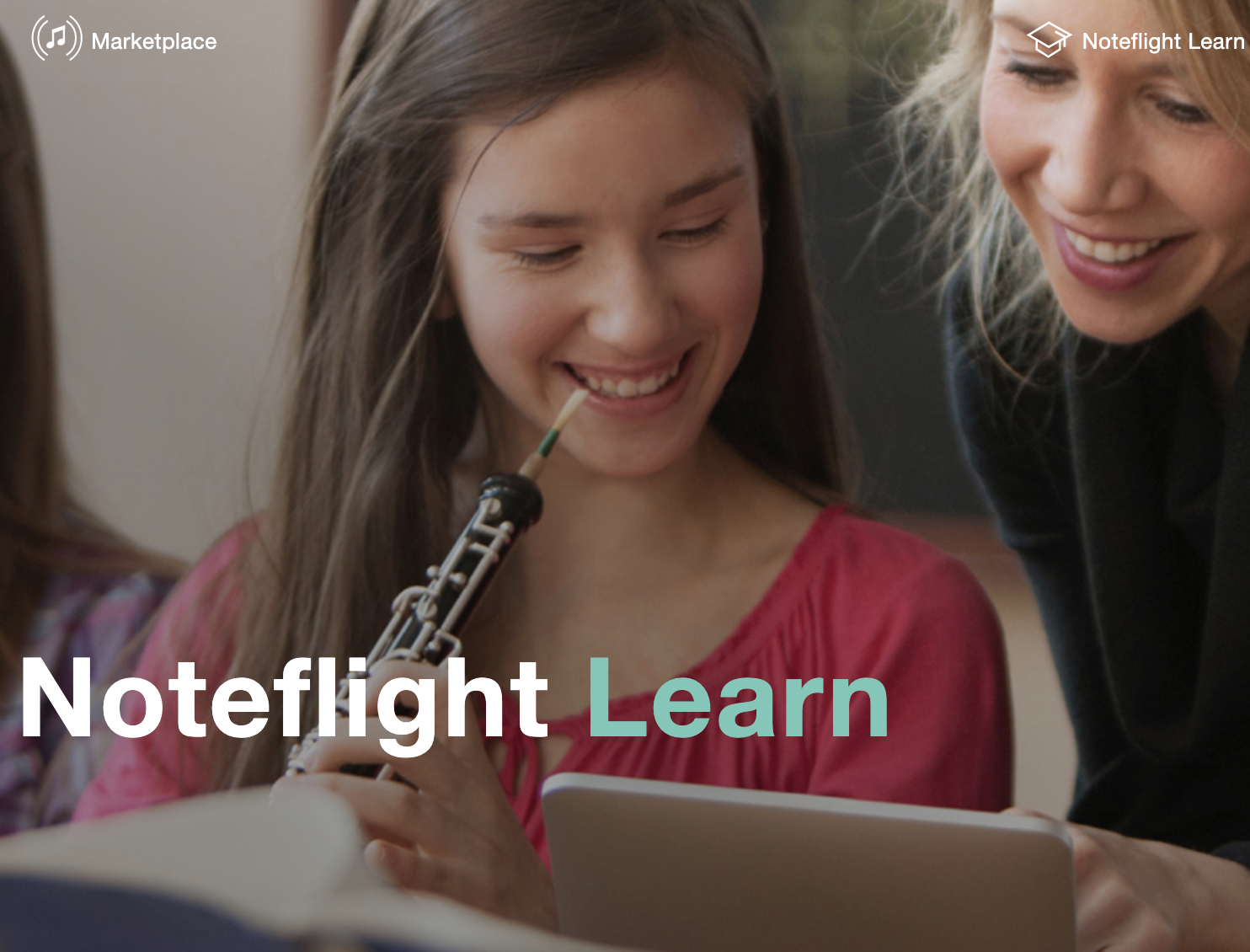
Noteflight is a robust application for music teachers. They do offer a free trial, but in order to access this, you must contact the company. Their product prices in at approximately $7 per student, and membership allows the teacher to organize classes, create assignment and gives access to a library of musical scores and lessons. Their site specifically states that their application works on Chromebooks.
Their privacy policy is suitable for use in Canada. They state “The only identifying information collected is on the teacher and the school. All students are assigned unique usernames by the teacher; therefore Noteflight does not collect any personal information on students.” This means that teachers can enter students using false (game) names. An easy way to do this is to use the student’s first name and make their last name your school or town name. For example: Jayden Delburne or Laura Beacon.

